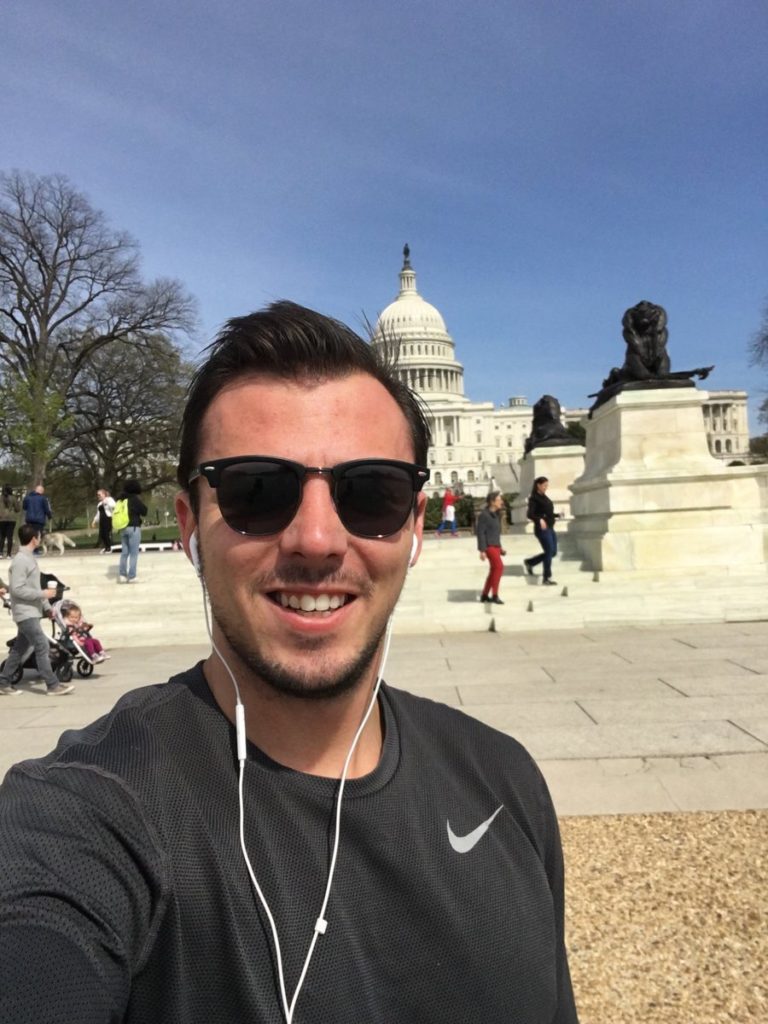Inside the Patient Entrepreneur’s Mind: Chris Molaro
![]()
Managing a chronic illness is challenging, whether it is your own or a loved one’s. Starting and running a business also poses unique challenges. If you struggle with a chronic illness, have started a business, or want to start a business, this blog series can help guide you. “Inside the Patient Entrepreneur’s Mind” offers key insights into chronic disease and mission-driven entrepreneurship by some of the most innovative patient entrepreneurs in the world.
Chris Molaro is the Co-Founder and CEO of NeuroFlow.
As a patient entrepreneur, can you describe your personal connection to mental illness discussing diagnosis through current daily management and how this experience drove you to innovate the space?
Like everyone else in this country, I have been personally touched by mental health issues. Unfortunately, almost all of us have someone we care deeply about that has been through challenges related to depression, anxiety, PTSD or another issue of the like. In my experience, I led soldiers in the Army, where I watched many of them struggle with trauma-related issues, and it has been my mission ever since to make sure patients have improved access to care and can engage with evidence-based treatment.
What makes NeuroFlow unique and how does it meet an unmet need of the mental illness community?
NeuroFlow bridges the treatment divide, helping non-behavioral health specialists better assess and design appropriate treatment plans, and then coordinate that care more efficiently. We complement the care coordination and collaborative care aspect of the platform with an engaging patient app for remote monitoring and to allow for 24/7 access to evidence-based protocols and education modules. This data is synthesized by AI algorithms and sent back to the care team for real time monitoring and risk stratification.
Are there any other unmet needs of the mental illness community that you think take priority in working to address? How are patient entrepreneurs well-suited to meet these needs?
I believe it is all about making sure that the patients engage with these tools and feel like they can trust the system and that it will work for them. It may seem obvious, but patients are very different. A military patient is different from a high school student and they’re both different from a mother of five. Acknowledging patient individuality, they all respond differently to different types of content, coping mechanisms, designs, etc. Patient entrepreneurs can lead the way in advocating for the end-user of these tools making sure that the solution being designed and built will actually be useful to unique patient users and accomplish its goal.
Where do you draw your inspiration and motivation from to keep forging ahead as an entrepreneur in the healthcare industry?
20 Veterans a day commit suicide. 67% of the 50 million people in this country that struggle with mental illness never receive treatment. These are huge and important problems to solve. It’s easy to draw motivation when you’re mission driven by these large public health issues.
Where do you see NeuroFlow headed in five years?
October of last year (2018) we had 2,000 patients invited to the platform. Today, we have over 20,000. We have expanded across 18 states and our platform is used by over 750 providers. We want to ensure that anyone that could benefit from access to mental health resources can get them and no longer feel ashamed for doing so.
Lastly, what do you do for fun to manage the stress of running a business as both a person with a personal connection to mental illness and an entrepreneur? Do you have any similar advice on work-life-disease management balance to others out there thinking of starting a business to meet an unmet need of a chronic disease patient community?
I love the outdoors, so I go for runs, hike, kayak – anything where I can enjoy the fresh air and get exercise. The only advice I would offer fellow budding patient entrepreneurs is to take time off from work (obviously) but to also be deliberate with your time off work. As entrepreneurs, your time is extremely valuable, so you shouldn’t waste a minute. If you are taking a few minutes to relax, make sure you actually get to relax during that time.

